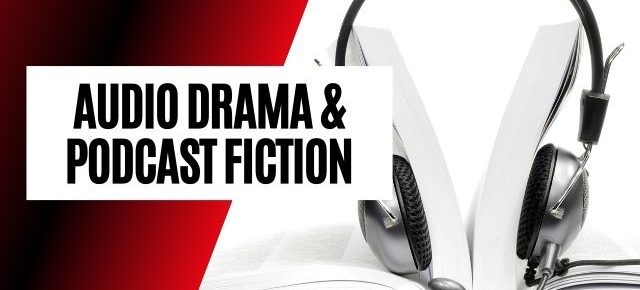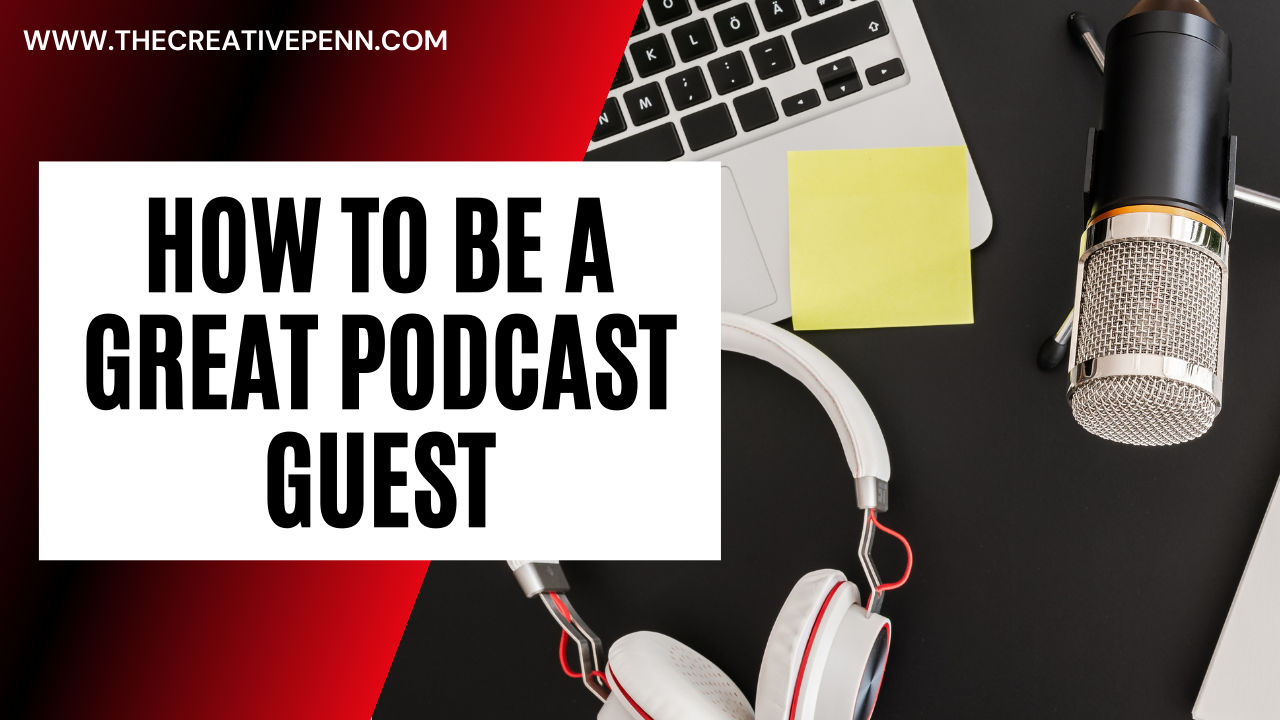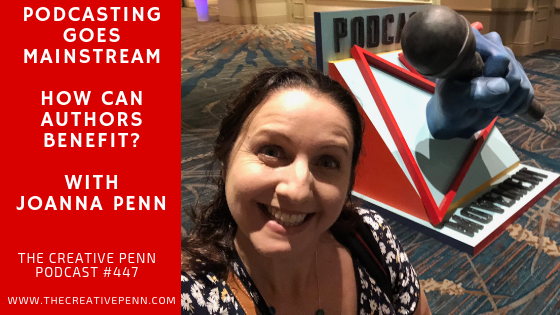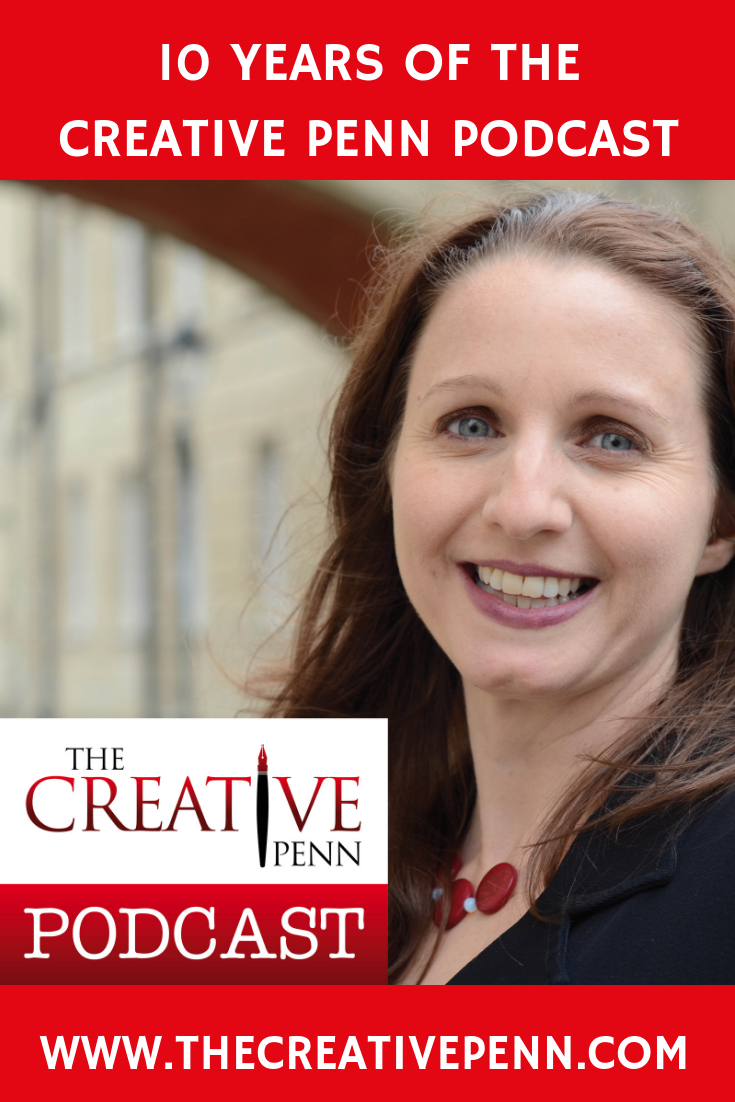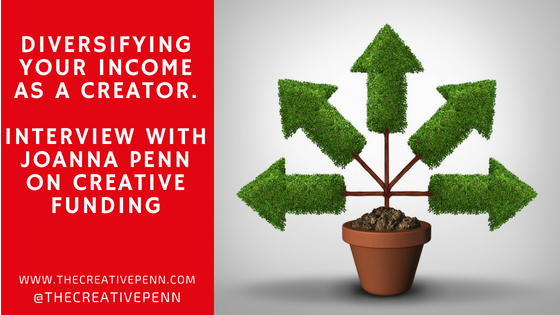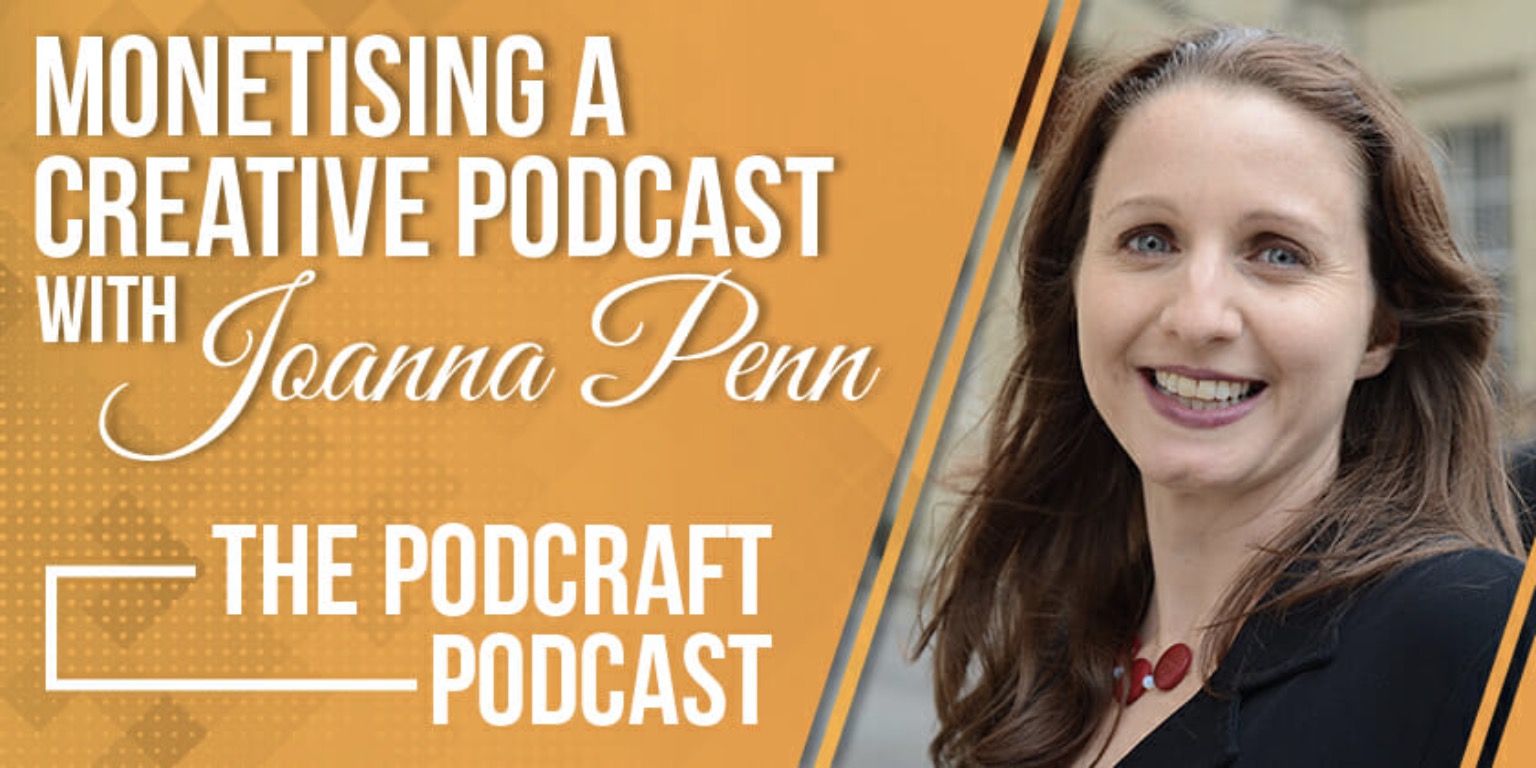The opportunities for creation and marketing in audio format continue to expand and the lines are blurring between audiobooks, podcasts and other forms of audio storytelling. In this episode, Sarah …
Continue Reading about Writing And Producing Audio Drama And Podcast Fiction With Sarah Werner →
